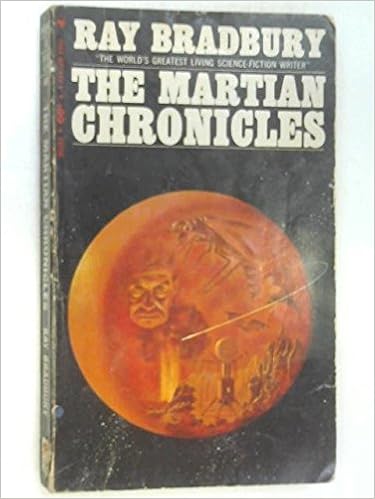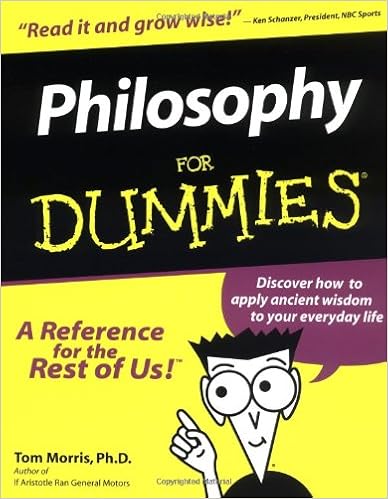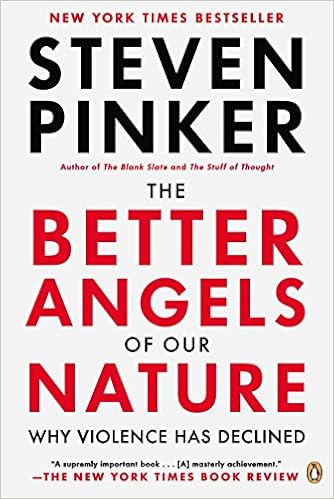What would make me believe again? I encounter this question often.
It's an important question, but it's also a simplistic one.
It's important because it demands a substantive answer. If
the answer is “nothing,” then I'm as unreasonable as the believer who says that
nothing can shake them from their faith. To say that I arrived at my current
position rationally is to say that I have weighed the evidence for and against
my position, and have concluded that the evidence for it outweighs the evidence
against it. If there is nothing that could convince me I'm wrong, no evidence
this could get me to believe again, then I can't say that I have fairly weighed
the evidence for and against my position, and I can't say that I rationally
arrived at my current conclusions.
It's simplistic because the person asking the question,
”what would make you believe again?” Is usually looking for a single, simple
answer. Yet the question is not nearly so simple as it seems. Believe again in
what? In the supernatural? In God? In the literal truth of Judaism's tenet's? In
frumkeit? Each of these would have different answers.
it's simplistic also
because it assumes that there could be some single experience or piece of
evidence that could, on its own, convince me that from frumkeit is the truth. Someone recently asked in a facebook group,
“if God appeared to you personally and told you that Orthodox Judaism is true,
would you be frum?” I answered no. If I experienced God speaking to me, I would
assume that I was hallucinating. I think that the person who asked the question
took this to mean that there was nothing that could shake me from my disbelief
. I think it seemed to him that I was irrationally certain that Orthodoxy is
incorrect and that there is no God, and so I would disregard and explain away
even what he regarded as overwhelming evidence. But that's not why I would
think I was hallucinating. I wouldn't assume I was hallucinating because I'm obstinately
refusing to accept overwhelming evidence. I would assume I was hallucinating
because there's no slot for God my cognitive schema, the interconnected webs of
information, inferences, rubrics, and heuristics that I use to make sense of
the world.
Cognitive schema are a conceptual model from cognitive
psychology that explains how we organize information about the world:
“schema…[are] mental structures that an individual uses to
organize knowledge and guide cognitive processes and behavior. People use
schemata (the plural of schema) to categorize objects and events based on
common elements and characteristics and thus interpret and predict the world.
New information is processed according to how it fits into these mental
structures, or rules. In social science, particularly in cognitive science, it
is understood that humans retrieve knowledge from various areas to draw
conclusions about missing or non-evidential information, such as during
decision making or political evaluation. Schemata represent the ways in which
the characteristics of certain events or objects are recalled, as determined by
one’s self-knowledge and cultural-political background. Examples of schemata
include rubrics, perceived social roles, stereotypes, and worldviews.”[i]
A single experience, no matter how grand and overwhelming,
is not enough to restructure the entirety of one’s cognitive schema. In order
for me to accept that God exists, rather than that I was hallucinating, I first
would need to have many small experiences that restructured my cognitive schema
and open a slot for “God” to fit into.
In the same way, “ God” is woven through believers’
cognitive schema. It takes many small experiences, many bits of information
learn over a long time to unweave God from the way one perceives and process
the world, and even longer until God no longer fits into one’s schema at all.
This is why there is no single knock-down argument that can
convince a believer that their faith is mistaken, or which can convince an
atheist that God is real. It's why even world shattering, life-changing
experiences rarely cause people to lose their faith, and why a personal
experience of God speaking to me and telling me that Orthodoxy is the truth wouldn't
convince me to be frum.
[i] Schema,
Encyclopedia Britannica. Retrieved from
https://www.britannica.com/science/schema-cognitive








